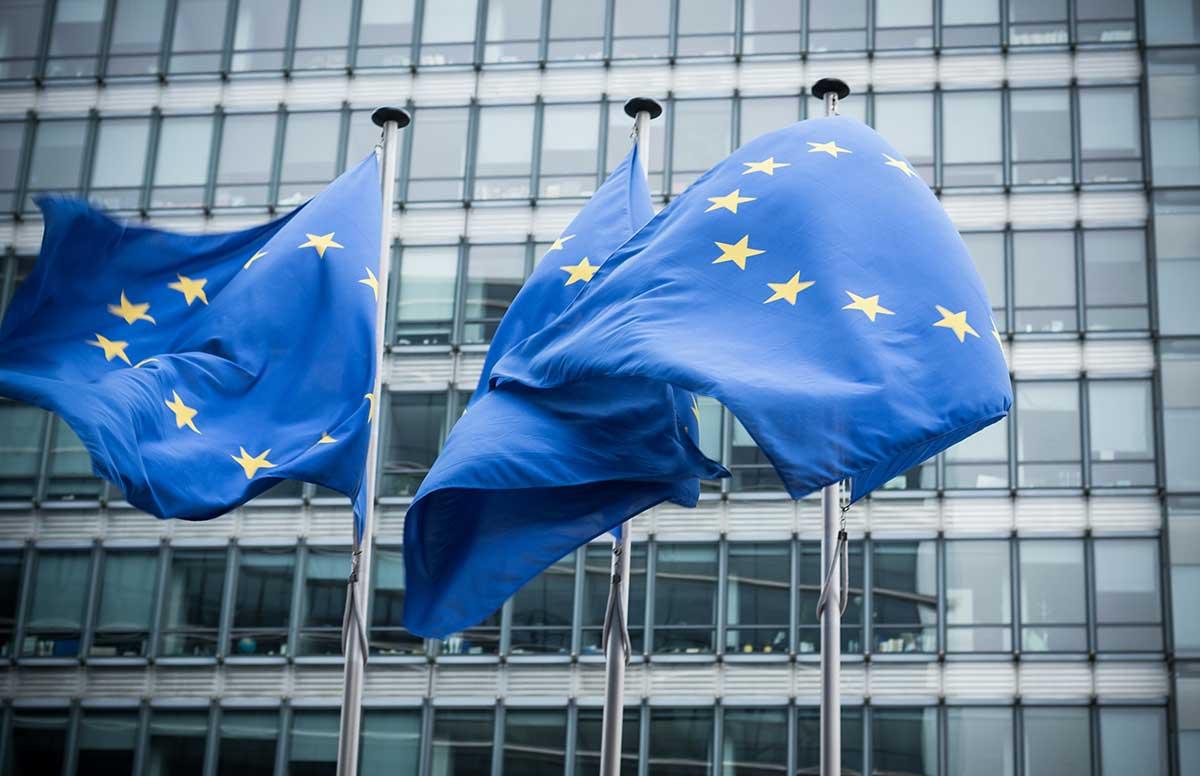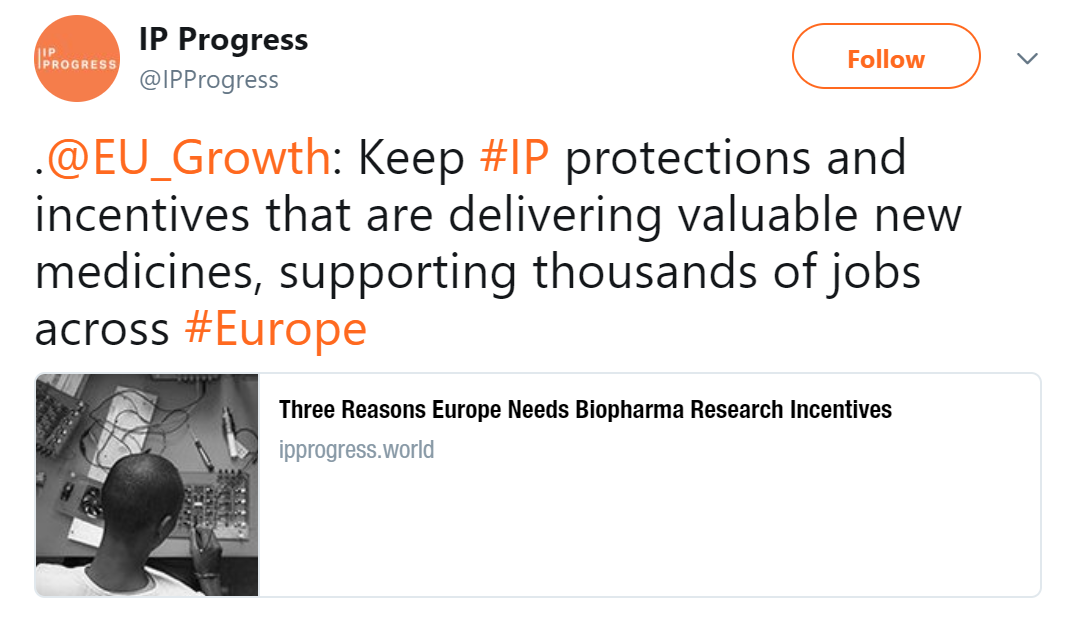Just in time for the holidays, the European Commission is seeking public comments on a review of incentives for medicines research and development. Launched last year, the review will evaluate the impact of certain intellectual property protections and targeted incentives on biopharmaceutical innovation. Public comments are due January 4.
Whether the review delivers sugarplums or a lump of coal will depend on whether Brussels fairly evaluates the many benefits of these protections and incentives. As the Commission makes its list and checks it twice, here are three reasons Europe should continue to promote the discovery and development of new medicines:
- Patients. The Commission might not yet understand the value of protections and incentives that drive discovery of new treatments for children and people suffering from rare diseases. But for patients, the power and potential of these tools could not be clearer. Since Europe adopted limited periods of marketing exclusivity for orphan drugs, more than 100 new medicines have been approved to treat rare diseases, and the number of orphan drug clinical trials across the continent has grown by 84 percent. Protections and targeted incentives are just as essential to deliver tomorrow’s new treatments and cures. For example, the 230 blood cancer medicines currently in development in Europe could help address some of the world’s most challenging disease threats.
- Jobs. Europe is a global leader in biopharmaceutical research and development. Intellectual property-intensive industries account for about one-third of all jobs in Europe. Innovative biopharmaceutical companies directly employ 745,000 women and men across the continent. Last year, these firms invested nearly €35 billion in research and development and contributed €250 billion to European economy through production. Driving investment and supporting jobs in that challenging field depends on effective intellectual property protection. Bringing just one new treatment to patients takes substantial resources over many years. Rather than weakening protections and incentives and sabotaging jobs and growth, Brussels should be looking at ways to build on success.
- Competitiveness. If the Commission decides to weaken intellectual property protections and targeted incentives for new drug development, China and other competitors abroad stand to gain at Europe’s expense. China already leads the world in active pharmaceutical ingredient production and ranks just behind the U.S. and Europe in the number of biopharmaceutical patents granted. Earlier this year, China announced bold steps that would dramatically improve innovation incentives, boost medicines quality and reform pricing and reimbursement. In some key respects, the innovation incentives China has proposed would at least match those in Europe. Other countries have adopted or are considering similar measures. Now is not the time for Europe to lose its edge.
By trying to fix a system that was never broken in the first place, the Commission could end up doing serious damage. Brussels needs to hear that existing protections and incentives are working for Europe. They need to know what weakening those protections and incentives could mean for patients, jobs and competitiveness.
Of course, most of us may be too busy checking the last items off our shopping lists at this time of year to complete the Commission’s 96-page questionnaire on medical research protections and incentives. We may find ourselves too short of cash to hire an “external expert” to respond for us, as the questionnaire actually recommends.
But you can still share your views with the Commission by clicking here. In just seconds, you can tell Brussels to keep the protections and incentives that are delivering valuable new medicines for European patients and supporting thousands of jobs across the continent. Click here today.



